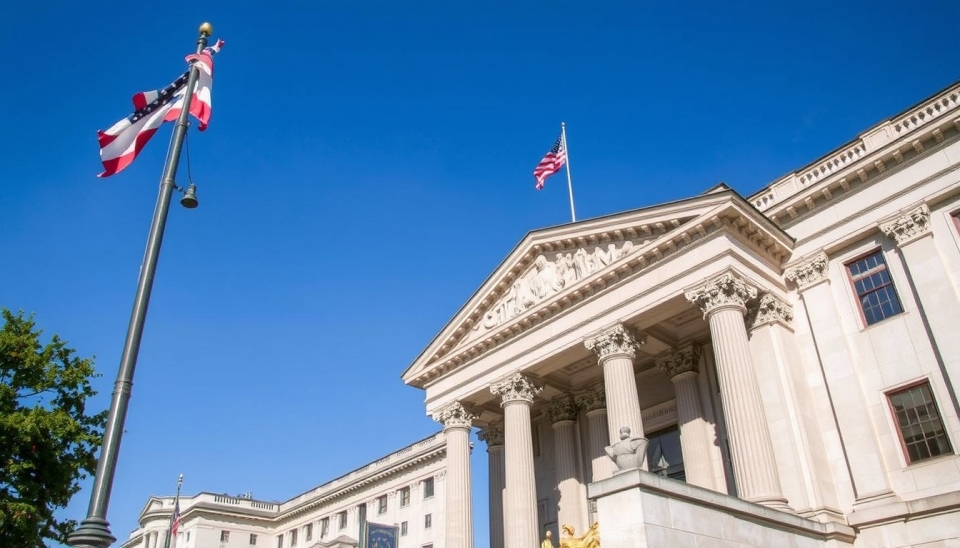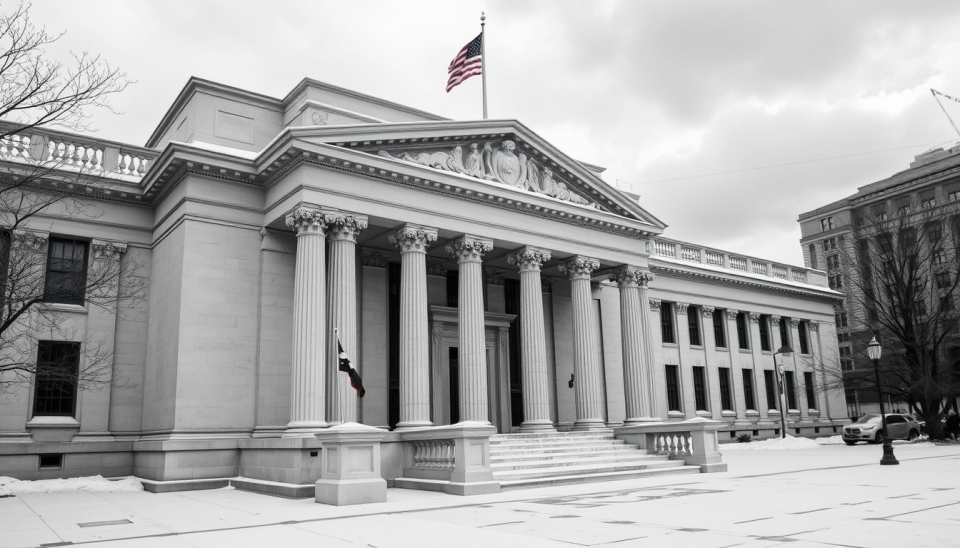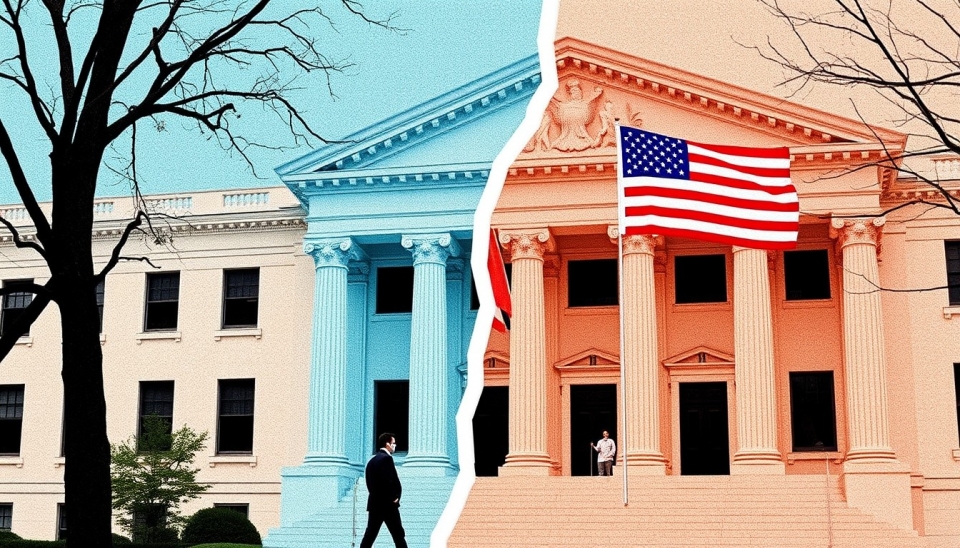Central Banks: Victory in Battle, but Defeat in War?

According to recent research and analytical conclusions, central banks, despite their successes in combating inflation, find themselves in a challenging situation that may lead to unforeseen economic consequences. In recent months, many leading central banks, including the U.S. Federal Reserve, the European Central Bank, and others, have significantly raised interest rates to deal with rising prices and alleviate inflationary pressures.
However, despite the apparent short-term efficacy of this policy, experts warn that the consequences of these actions may be deeper and more enduring than initially perceived. Increasing rates poses a risk of economic stagnation, as more expensive loans can limit consumer spending and corporate investment.
Moreover, the stability of financial markets is at risk: high interest rates could lead to increased defaults on loans, further worsening conditions for businesses and households. Additionally, many analysts emphasize that in the face of global economic uncertainties, such as geopolitical risks and changes in demand for raw materials, central banks may encounter a new set of challenges.
Thus, despite central banks’ achievements in curbing inflation, many experts believe they may also be the ones suffering from the long-term process of economic recovery. This stark contradiction raises questions about what measures should be taken in the future to balance inflation and economic growth without creating new problems.
In conclusion, despite current achievements in fighting inflation, central banks may find themselves in a situation where short-term gains translate into complicated challenges in the long term, making recovery more complex and unstable.
#centralbanks #inflation #economy #Fed #ECB #economicchallenges #loans




